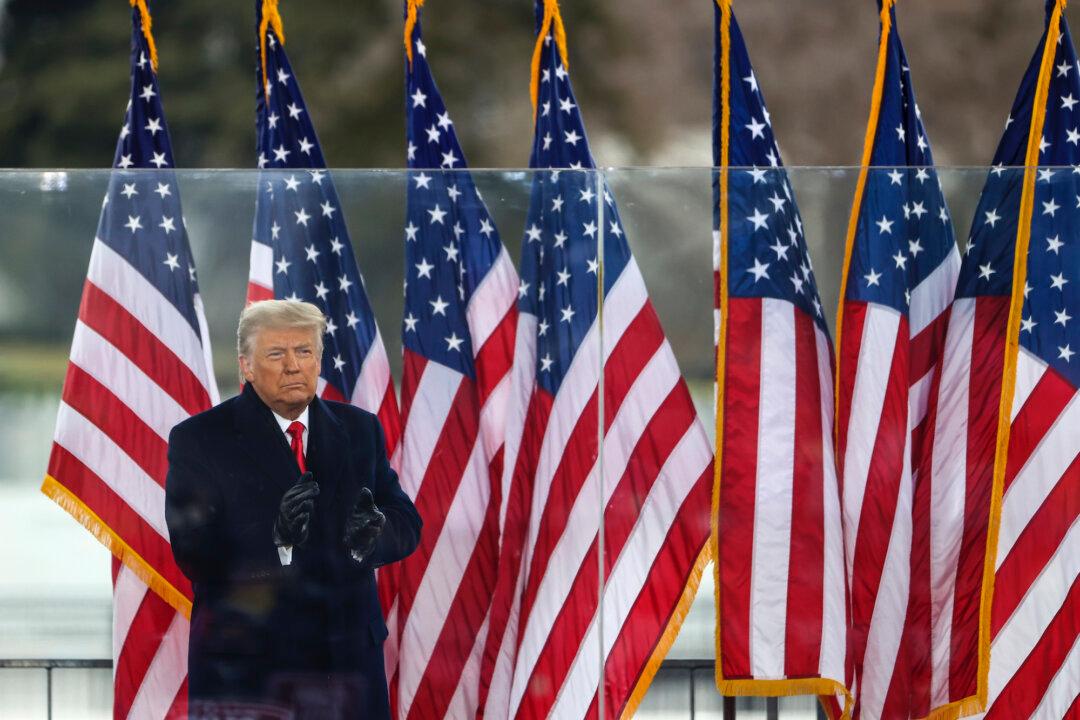The Supreme Court on Feb. 22 put an end to former President Donald Trump’s legal fight to withhold documents from his White House tenure that he claimed were protected by executive privilege from Democrats in Congress investigating the breach of the U.S. Capitol on Jan. 6, 2021.
Executive privilege has been invoked by presidents to block access to internal White House documents on the theory that public disclosure of such documents isn’t in the best interests of the nation. If advisers aren’t free to speak their mind in discussing affairs of state with the president because they know internal deliberations will at some point be made public, the nation will suffer, the reasoning goes.





